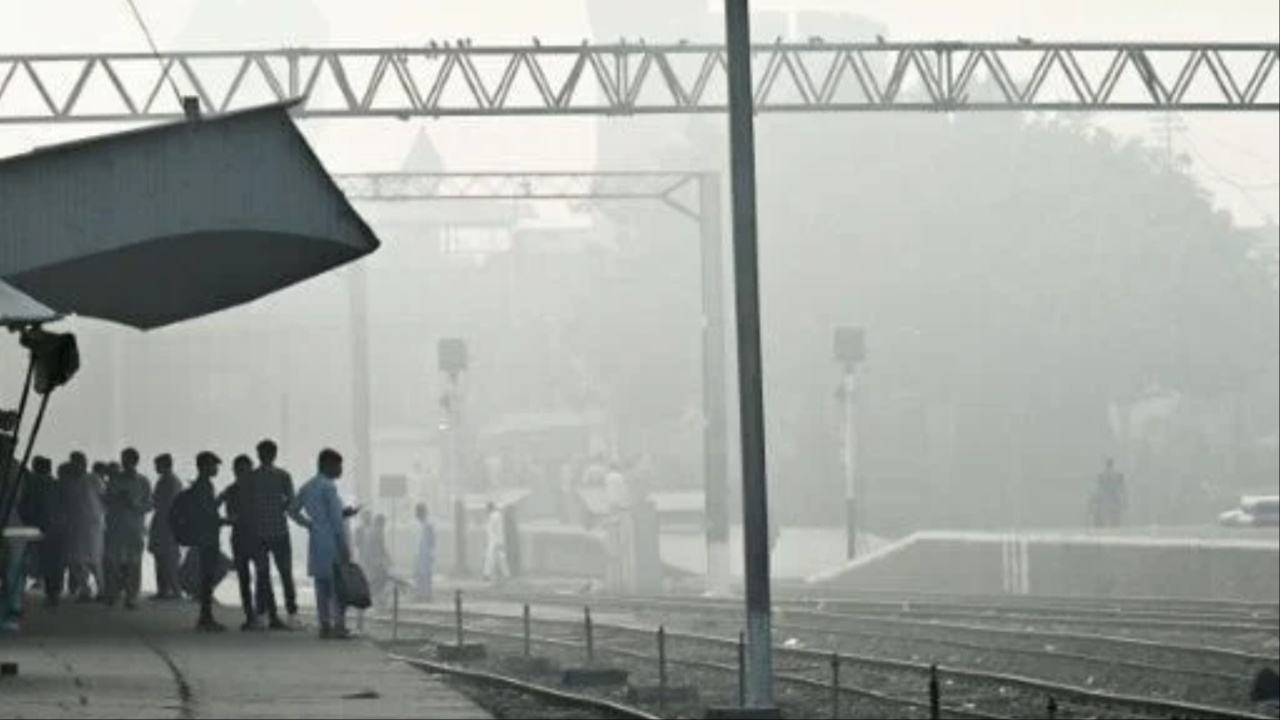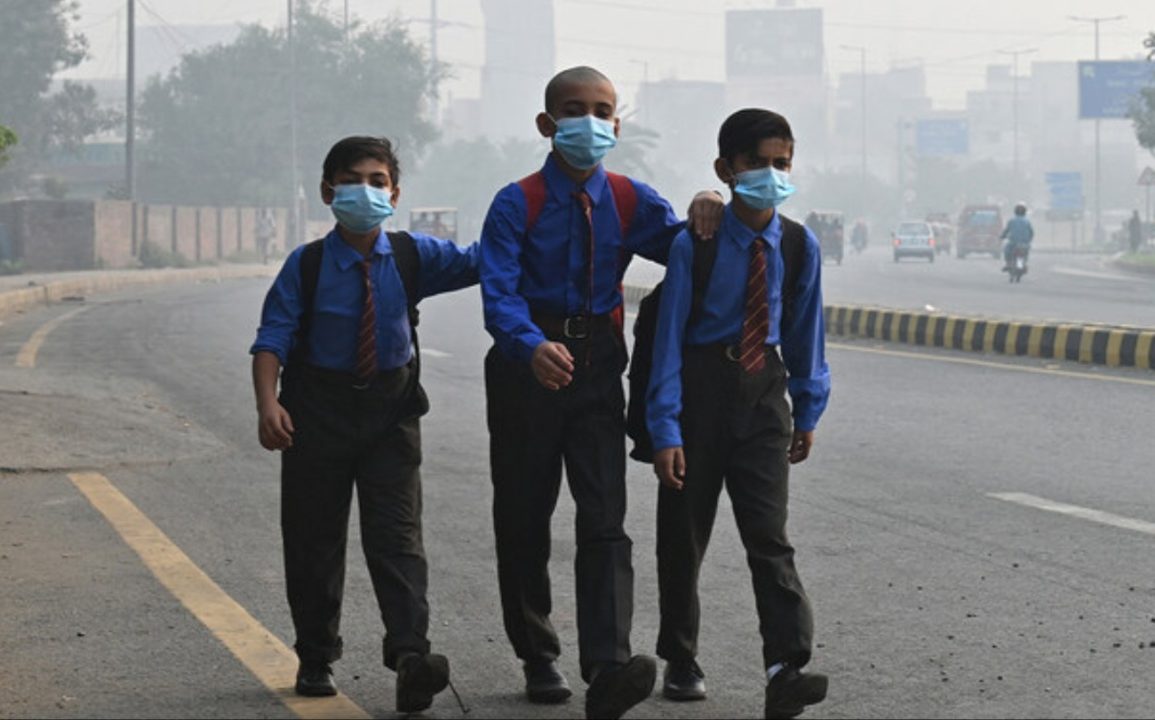Lahore, Pakistan’s second-largest city, has recently decided to close primary schools for a week due to alarming pollution levels. Authorities reported that the city, home to approximately 14 million people, has been shrouded in smog, a toxic blend of fog and pollutants largely resulting from low-grade diesel emissions, agricultural burning, and seasonal cooling. The situation has escalated, leading to significant concerns for public health, particularly among children.
The air quality in Lahore has reached unprecedented levels, with the air quality index soaring past 1,000, far exceeding the 300 level considered “dangerous.” This alarming data was reported by IQAir, a monitor of air quality, indicating the severity of the situation. The Punjab government confirmed that pollution levels remained dangerously high, prompting immediate action to protect the city’s vulnerable populations, especially children.
In light of these conditions, the government has opted to close all public and private primary schools for a week. Senior environmental protection official Jahangir Anwar stated that the persistent smog and forecasted weather patterns warranted this decision. Health officials have expressed concern about the harmful effects of the smog on children, with calls for mandatory masks in schools. Additional measures include monitoring children’s health in higher classes and establishing smog counters in hospitals.

Health experts have warned about the catastrophic health implications of prolonged exposure to such toxic air, citing potential triggers for serious conditions like strokes, heart disease, and respiratory diseases. Last Saturday, levels of PM2.5, a hazardous fine particulate matter, were found to be over 40 times higher than acceptable levels set by the World Health Organization (WHO). Although there was a slight decrease in PM2.5 levels the following day, the overall air quality remained a critical concern.
In response to the pollution crisis, the provincial environmental protection agency has implemented new restrictions in heavily polluted areas of Lahore, including banning polluting tuk-tuks and unfiltered barbecues at restaurants. Additionally, a work-from-home policy has been introduced for government and private sector employees to minimize exposure.
Vulnerable groups like children, who are particularly at risk due to their developing lungs and faster breathing rates, have been restricted from outdoor activities. Studies indicate that pollution levels above WHO standards can shorten the life expectancy of Lahore residents by an average of 7.5 years, underscoring the urgent need for effective interventions to combat this environmental crisis.

